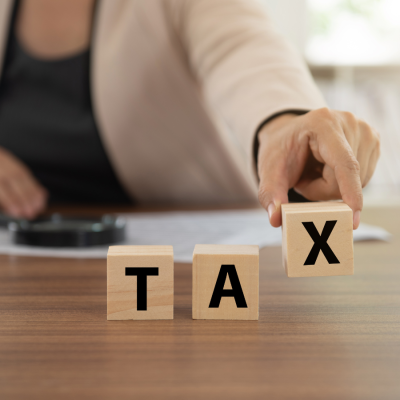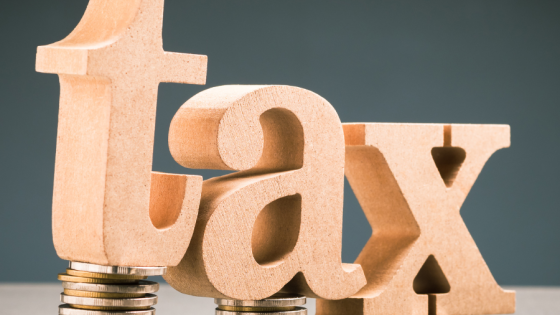Taxable and non-taxable State Benefits
6 Aug 2024
Categories & Tags

Whilst there are a large number of state benefits available, it is not clear which of these benefits are taxable and which are tax-free.
HMRC’s guidance provides the following list of the most common state benefits that are taxable, i.e., Income Tax is payable, subject to the usual limits:
- Bereavement Allowance (previously Widow’s pension)
- Carer’s Allowance
- contribution-based Employment and Support Allowance (ESA)
- Incapacity Benefit (from the 29th week you get it)
- Jobseeker’s Allowance (JSA)
- pensions paid by the Industrial Death Benefit scheme
- the State Pension
- Widowed Parent’s Allowance
The most common state benefits you do not have to pay Income Tax on are:
- Attendance Allowance
- Bereavement support payment
- Child Benefit (income-based - use the Child Benefit tax calculator to see if you’ll have to pay tax)
- Child Tax Credit
- Disability Living Allowance (DLA)
- free TV licence for over-75s
- Guardian’s Allowance
- Housing Benefit
- Income Support - though you may have to pay tax on Income Support if you’re involved in a strike
- income-related Employment and Support Allowance (ESA)
- Industrial Injuries Benefit
- lump-sum bereavement payments
- Maternity Allowance
- Pension Credit
- Personal Independence Payment (PIP)
- Severe Disablement Allowance
- Universal Credit
- War Widow’s Pension
- Winter Fuel Payments and Christmas Bonus
- Working Tax Credit
If you need tax advice, give our team of friendly and expert tax advisors a call on 01380 723692 or send them an email.
News & Resources

When do the higher rates of Income Tax apply
More

Who must send in a tax return
More

Guide to setting up a limited company
More

Tax rules for savings interest
More

New requirement – verifying ID at Companies House
More

Private Residence Relief – when it applies
More

Do not forget to claim the marriage allowance
More

Reactivating a dormant company
More

